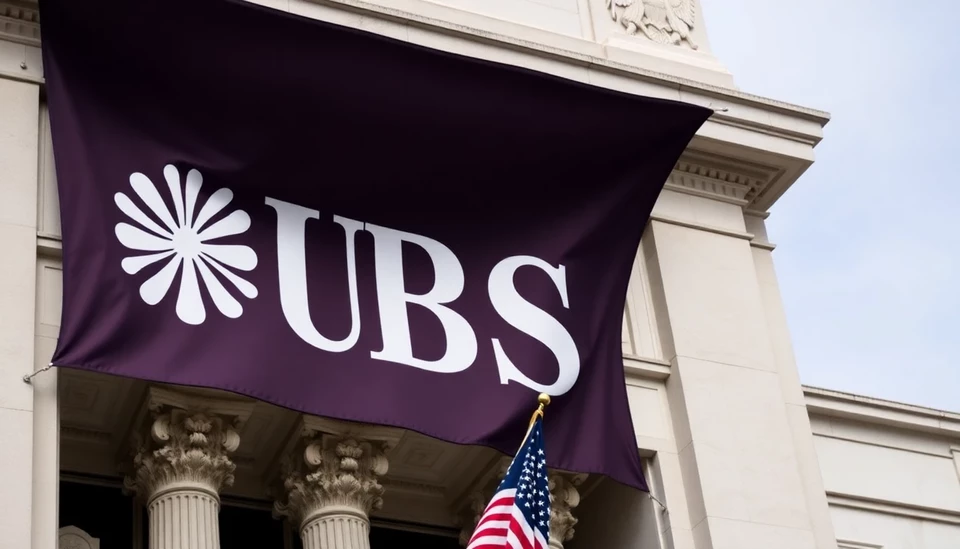
In a recent analysis, UBS has raised concerns about the potential consequences of rolling U.S. tariffs on the economy and monetary policy. The investment bank's experts highlighted that extended tariffs could pose significant challenges for the Federal Reserve as it grapples with inflation and overall economic stability.
The discussion stems from the ongoing trade tensions and tariff strategies that the U.S. government has employed, which have been a point of contention in recent years. Analysts at UBS suggest that the continuation or escalation of tariff measures could lead to an undesirable economic scenario, characterized by increased price pressures and potential slowdown in consumer spending.
According to UBS, the implementation of rolling tariffs creates uncertainty for businesses, affecting their investment decisions and ultimately impacting employment rates. The bank's chief U.S. economist, who spearheads these insights, emphasized that any sustained rise in tariffs could translate into higher costs for consumers, thereby constraining economic growth.
Furthermore, UBS indicated that such tariffs might complicate the Federal Reserve's ability to navigate monetary policy effectively. With inflation rates already a pressing concern, the Fed’s task of maintaining price stability while promoting economic growth could become increasingly challenging if tariffs contribute to further inflationary pressures.
As discussions around the employment of tariffs continue to gain momentum on Capitol Hill, UBS urges policymakers to consider the broader implications of such strategies on the U.S. economy. The call to action emphasizes the necessity for a balanced approach that factors in both trade dynamics and domestic economic health.
The investment bank’s warning comes at a critical time when the Federal Reserve is weighing its options for future interest rate adjustments. Should tariffs persist, analysts predict that the Fed might be forced to revisit its current policy stance, which could have ripple effects across the global economic landscape.
In summary, the insights from UBS provide a timely reminder of the potential complexities that rolling U.S. tariffs could impose on economic stability, consumer behavior, and the management of monetary policy. Stakeholders are advised to remain vigilant as these developments unfold, given their far-reaching implications.
#USTariffs #FederalReserve #Economy #Inflation #UBSAnalysis #GlobalEconomy #MonetaryPolicy
Author: Rachel Greene




